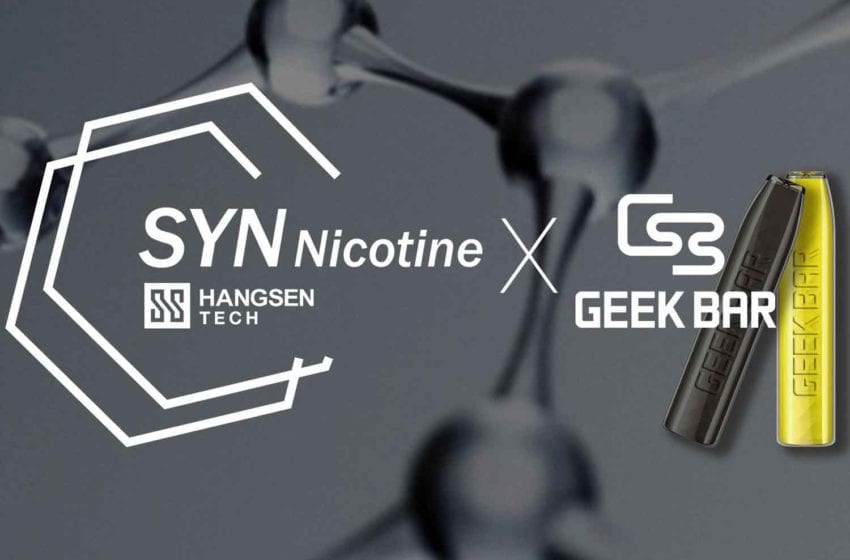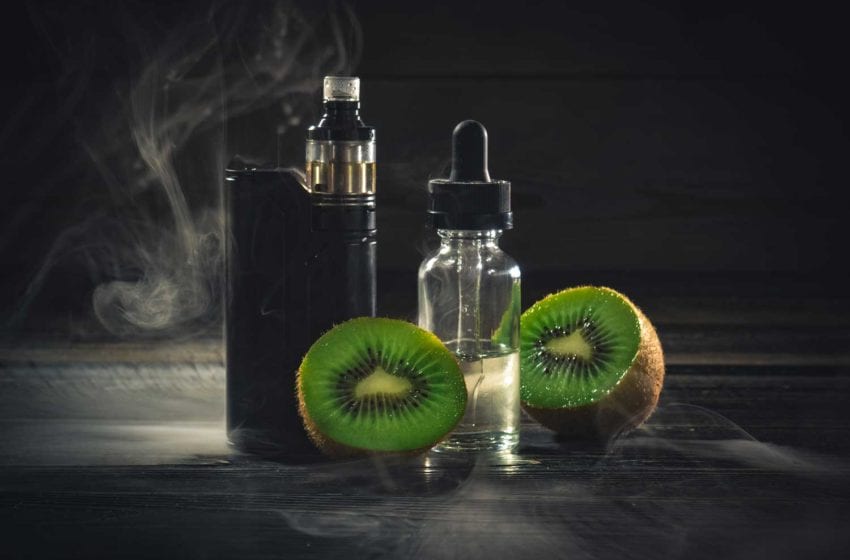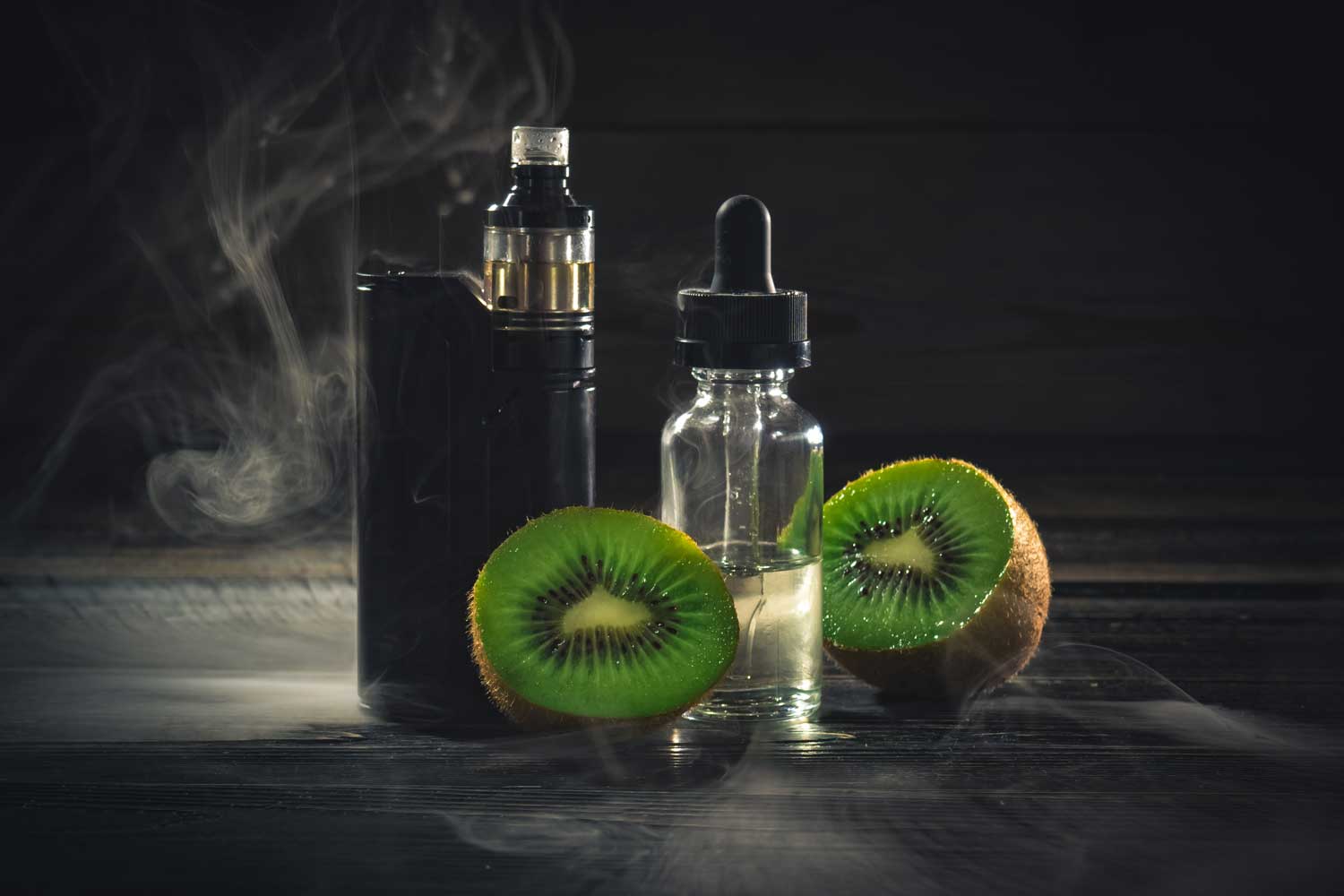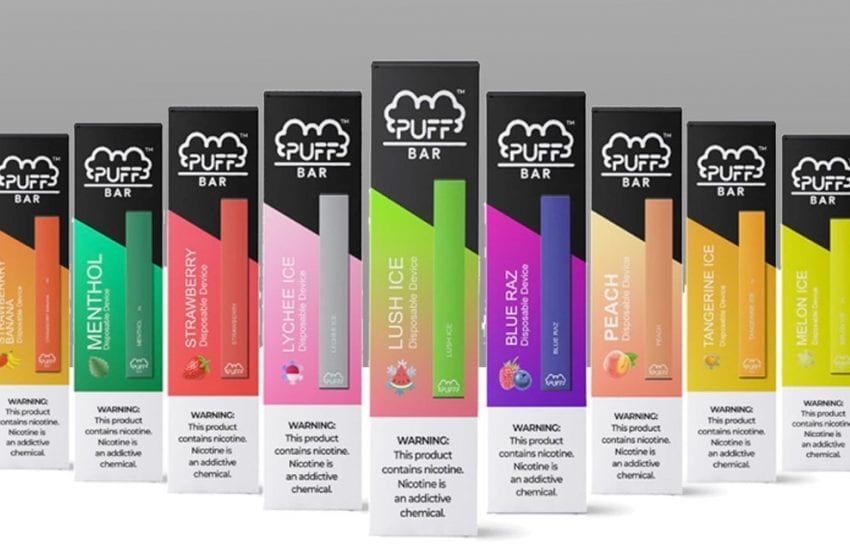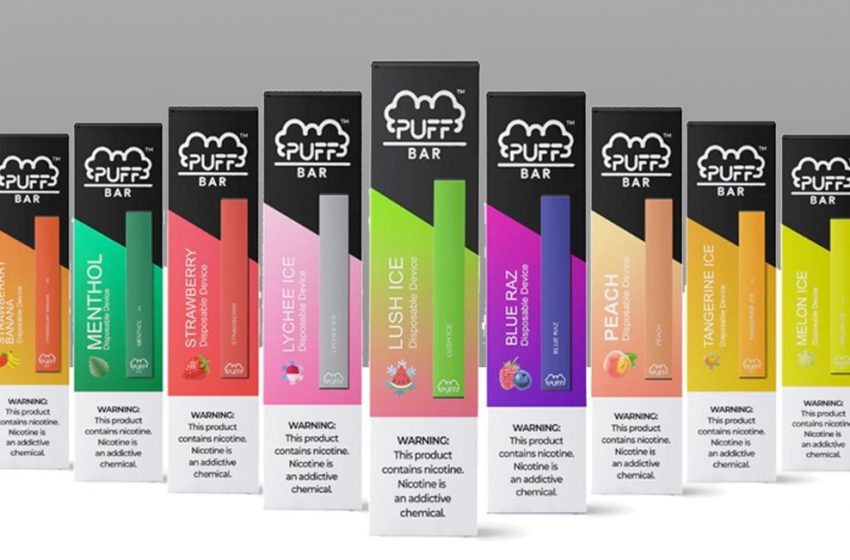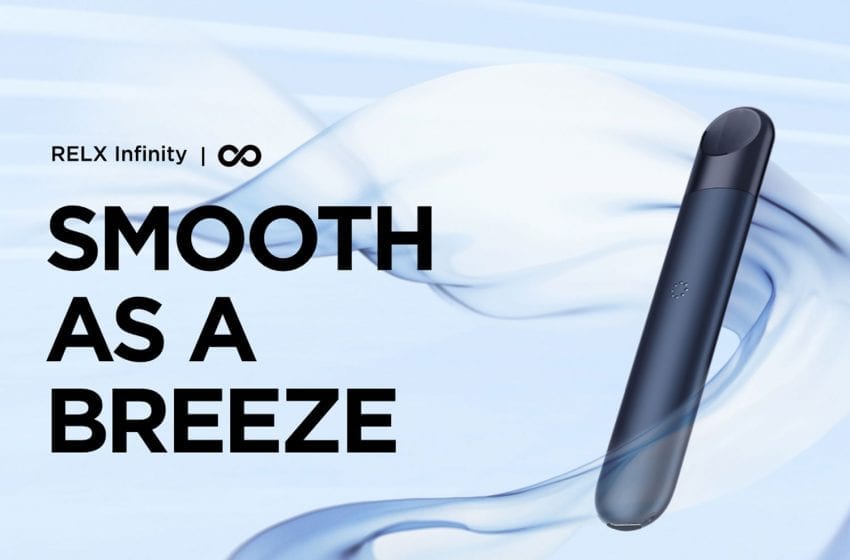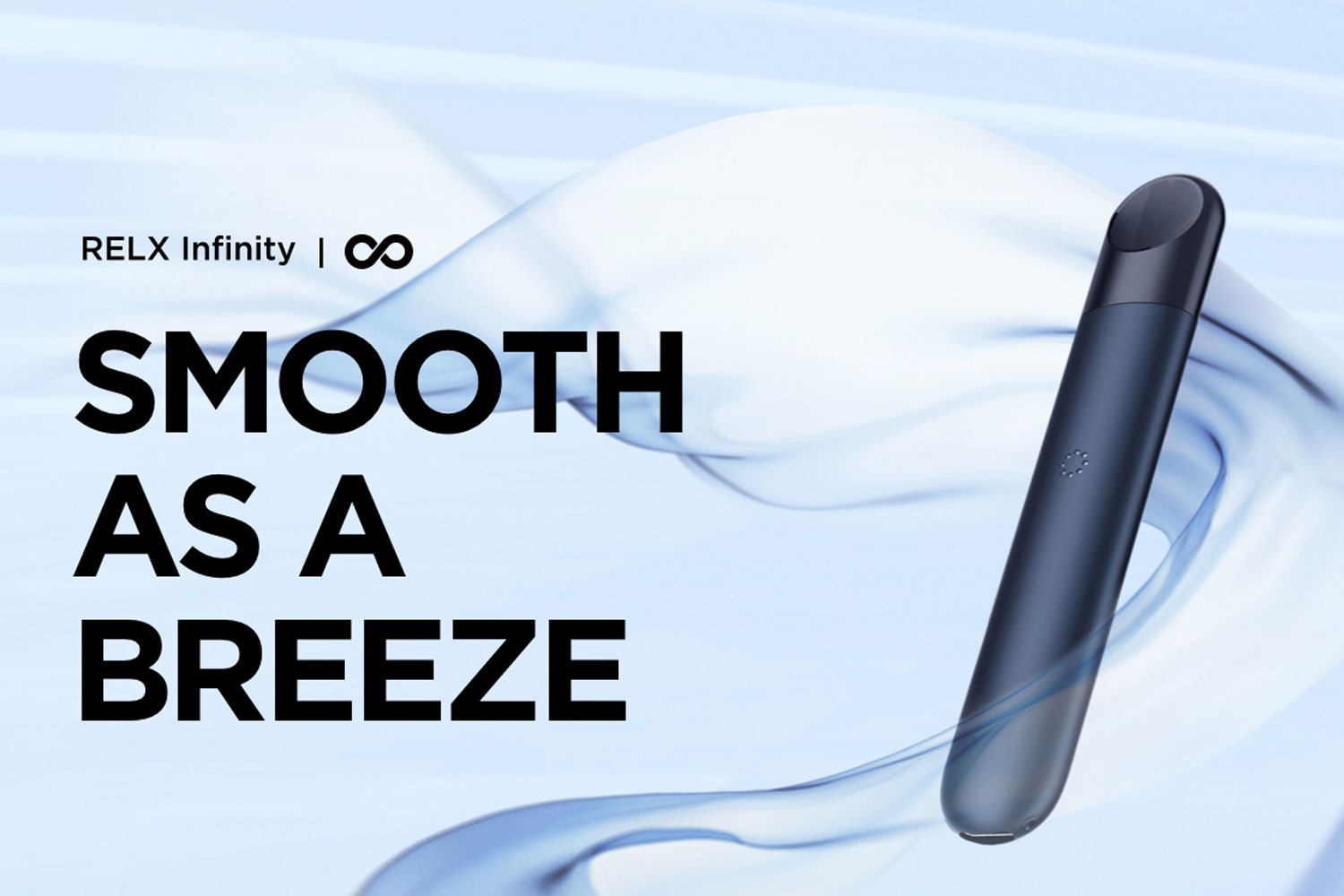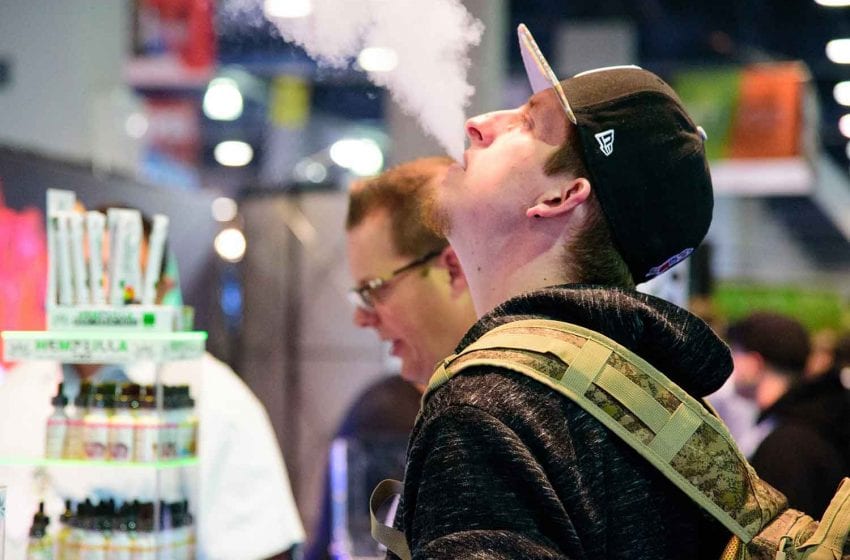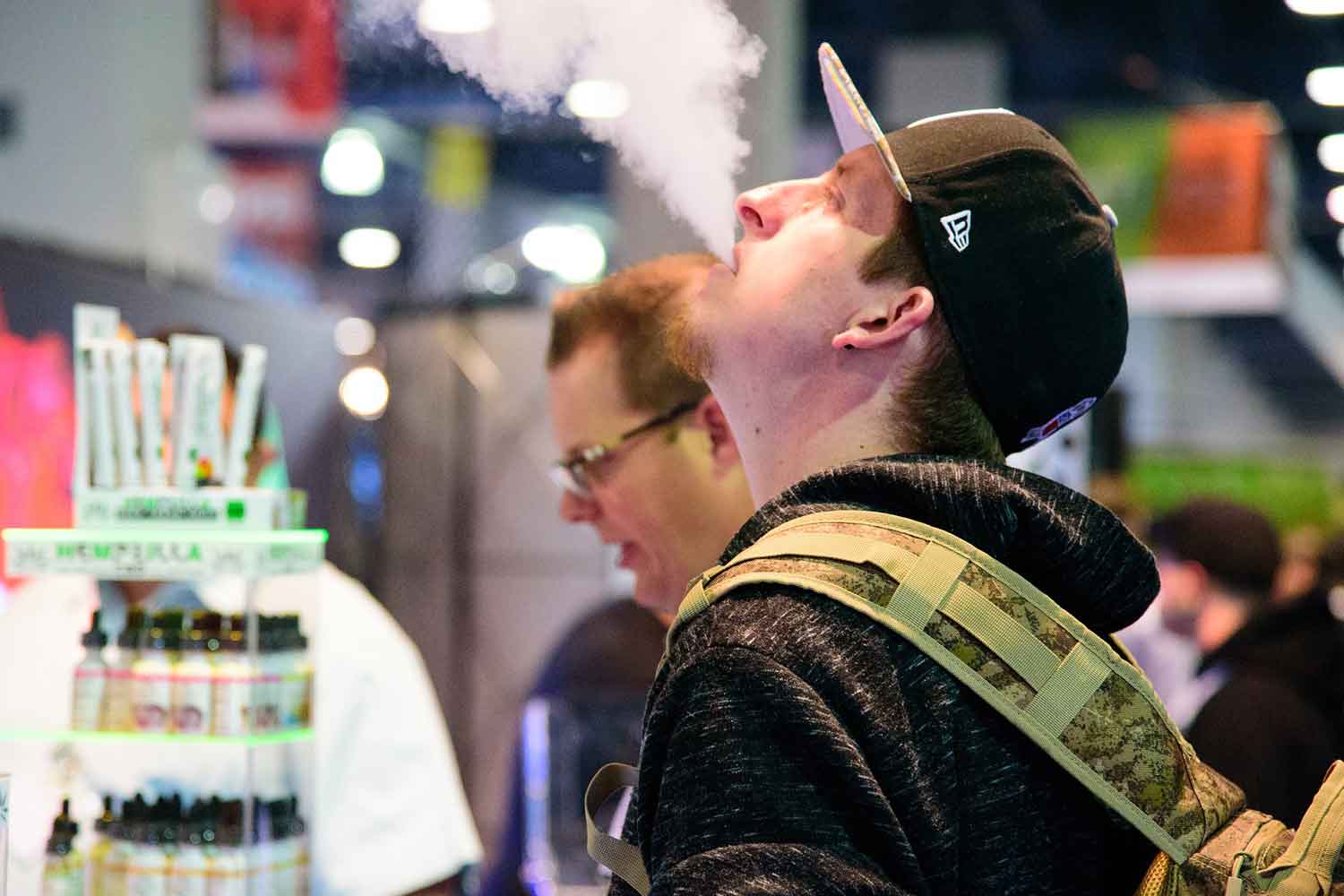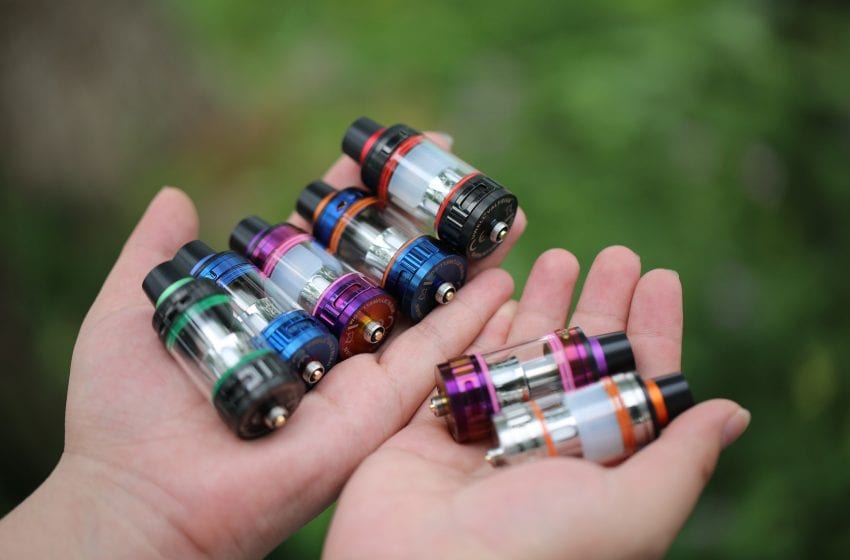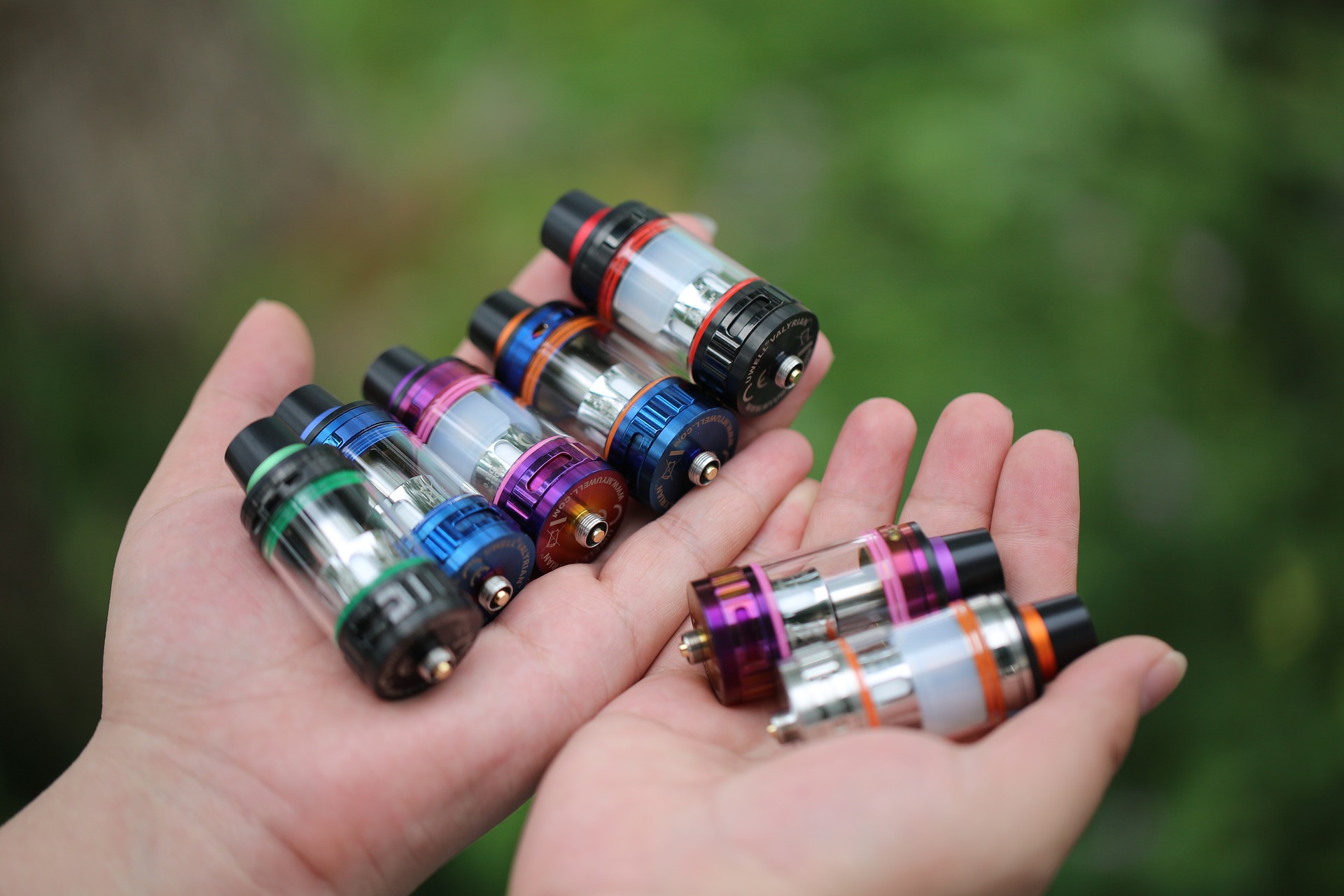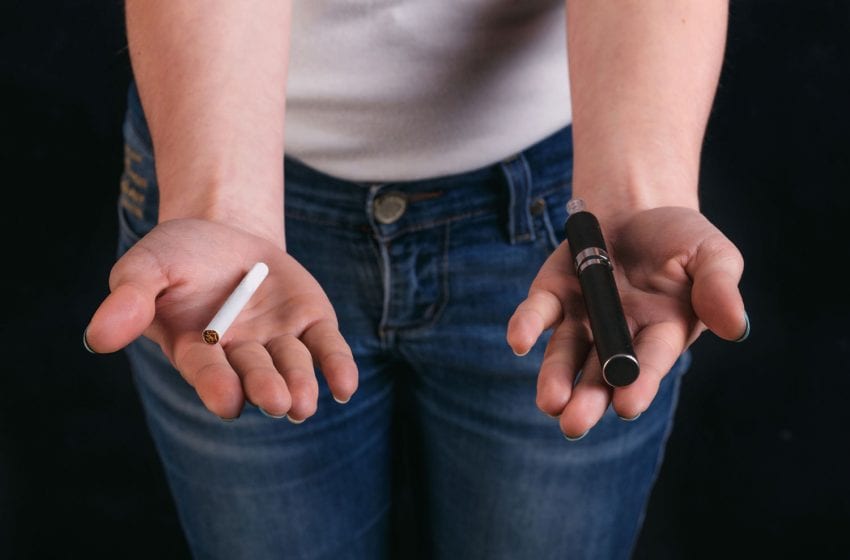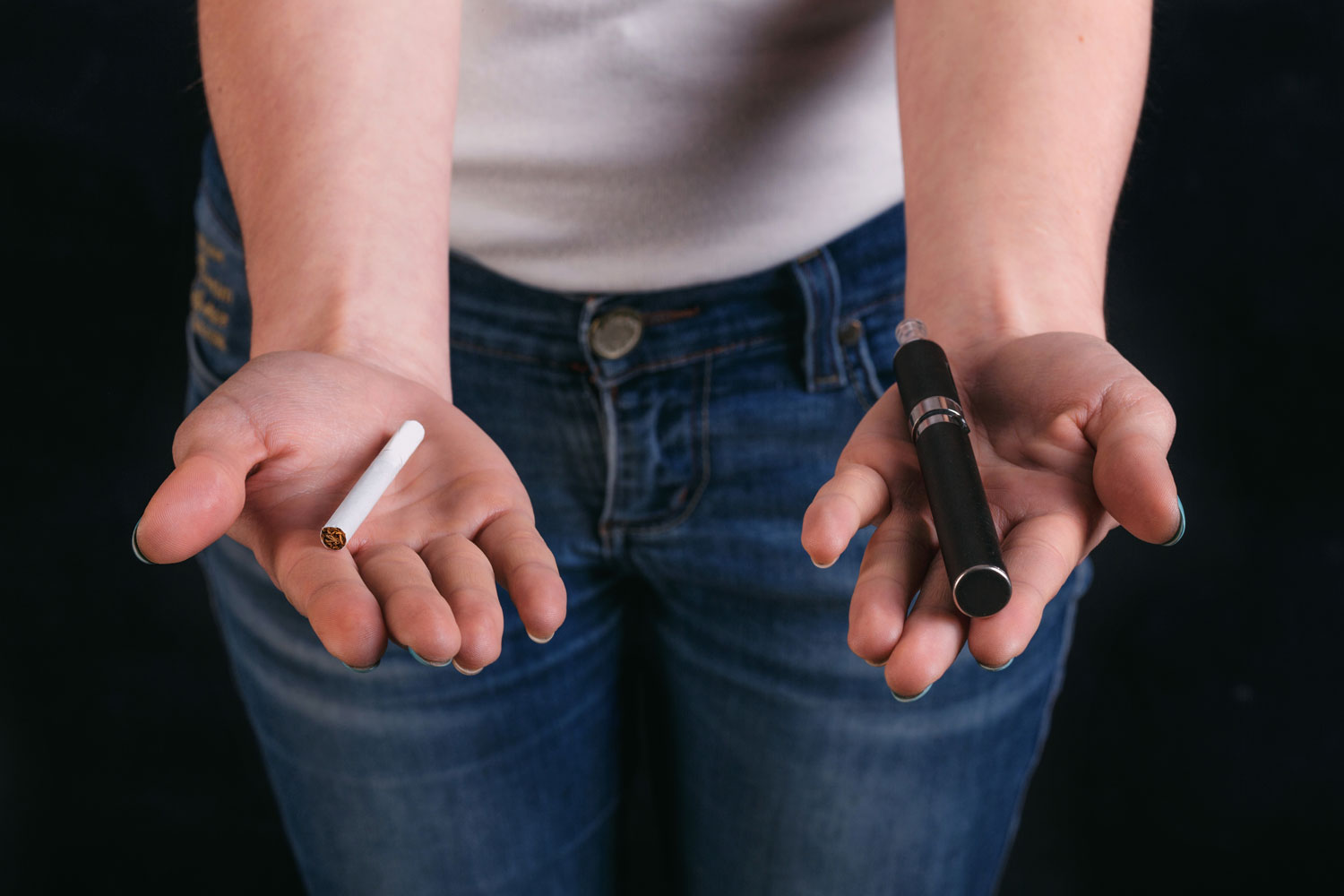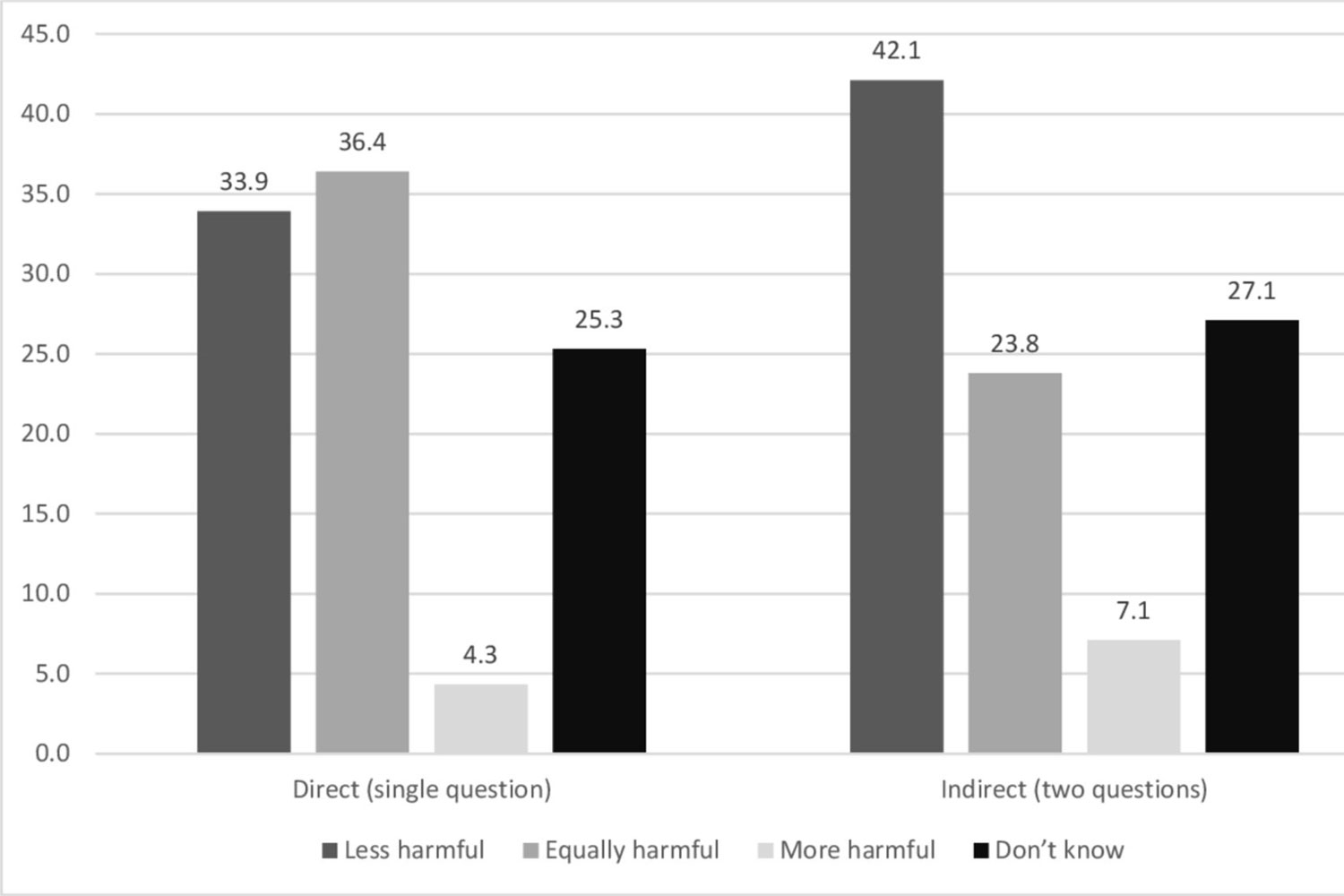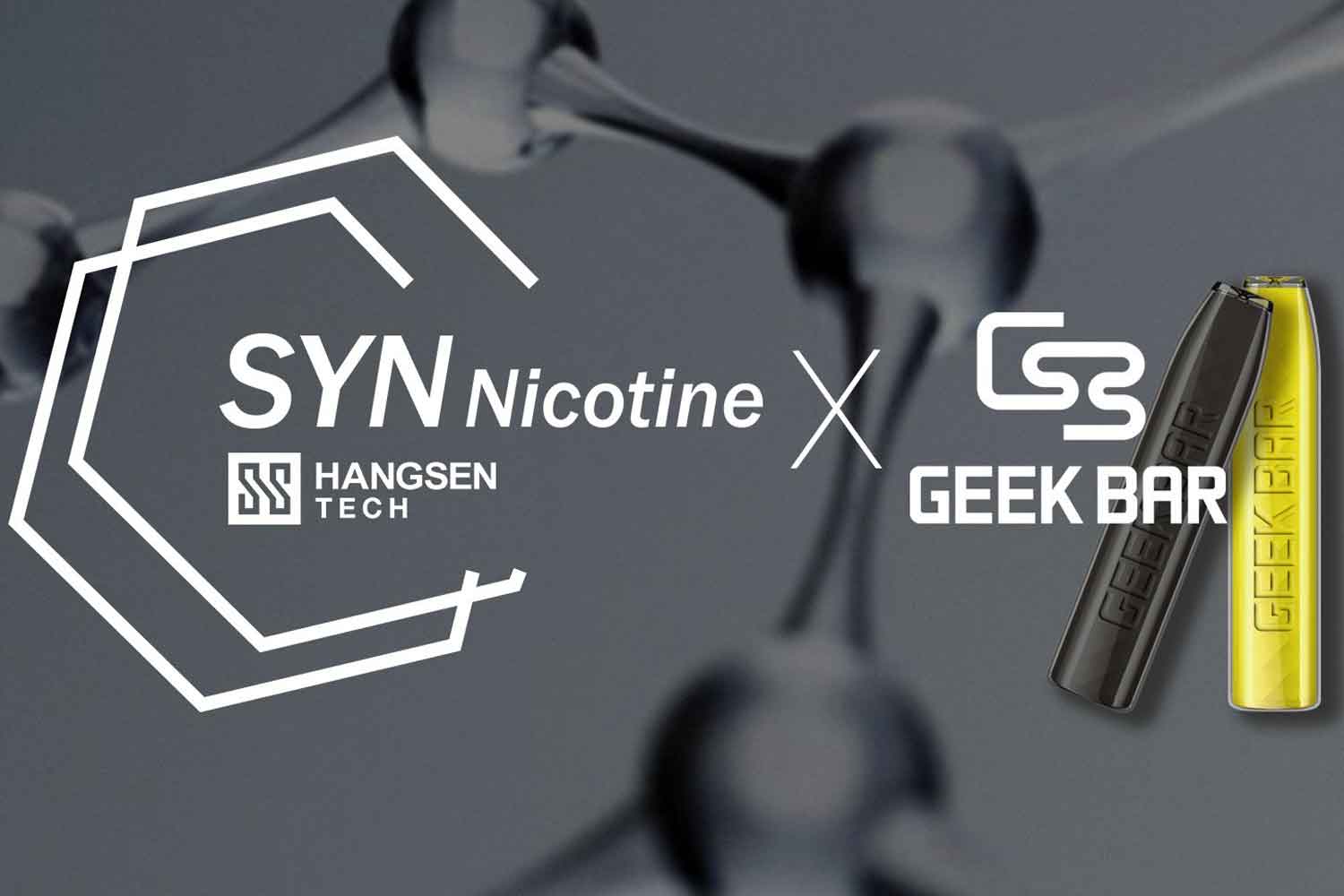
Hangsen Technology has released of SYN Nicotine, the company’s first series of synthetic nicotine products. The inaugural batch of custom-made SYN Nicotine e-liquids will be used in Geek Vape’s Geek Bar product, which is set to launch soon in North America.
“When it comes to nicotine, the first thing people think of is tobacco,” said Howard, executive director of Hangsen Technology, in a statement. “Whether it’s traditional tobacco, electronic cigarettes or medicinal nicotine, almost all vaping e-liquids in today’s market uses tobacco-derived nicotine. However, there is a way to produce non-tobacco nicotine, which is also known as synthetic nicotine. SYN Nicotine is devoid of many of the harmful impurities that tobacco-derived nicotine contains and is an ideal alternative for manufacturers who may not wish to use pure nicotine derived from tobacco.”
Hangsen Technology says it was both the first PG/VG e-liquid maker and the first to use natural plants as ingredients in the industry. The company has continued to invest in the research and development of e-liquids during its 10+ years of providing high-quality products around the world.
In 2019, Hangsen Technology entered the field of synthetic nicotine. According to Hangsen, the SYN Nicotine series boasts the same smoke and taste and satisfaction as other nicotine products but without residue of harmful impurities.
All SYN series products must also pass the China National Accreditation Service for Conformity Assessment standard laboratory accreditation and other testing certifications.

